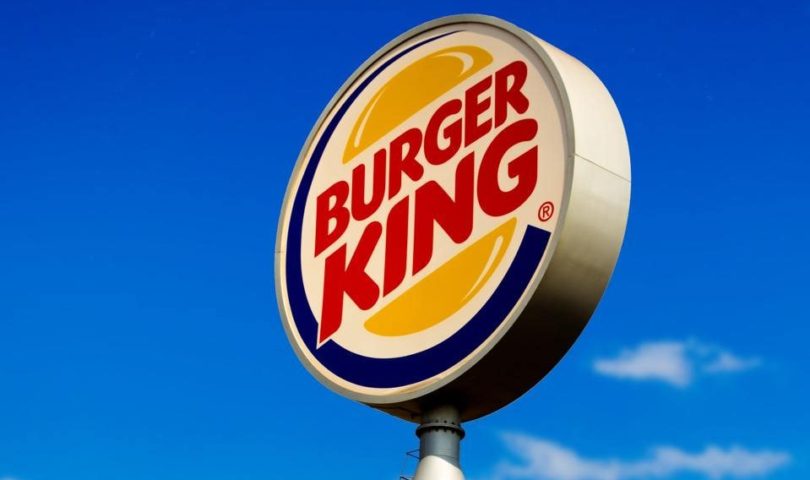Burger King, a well known fast food restaurant, was slammed for a sexist tweet on International Women’s Day. Burger King’s UK Twitter tweeted, “Women belong in the kitchen.” It sparked an outcry as critics accused the brand of using a sexist trope as clickbait and many people were offended by the tweet.
The tweet’s purpose was to promote a cooking scholarship for female employees, but it did not go as planned. Developing a scholarship was meant to be a way for more women to take positions in culinary leadership. The Twitter account later tweeted, “Yet only 20% of chefs are women. We’re on a mission to change the gender ratio in the restaurant industry by empowering female employees with the opportunity to pursue a culinary career.”
Fernando Machado, the global CMO, defended the intent of the campaign, but acknowledged that sharing the sexist tweet without immediate context was a mistake. Several hours later, the tweet was removed due to the abusive comments being made about the tweet and the account issued an apology. The account ended up tweeting, “We hear you. We got our initial tweet wrong and we’re sorry. Our aim was to draw attention to the fact that only 20% of professional chefs in UK kitchens are women and to help change that by awarding culinary scholarships. We will do better next time.”
This was not the first time a Burger King tweet sparked controversy while offering opportunities for women. In 2018, the restaurant’s Russian team offered $50,000 and a lifetime supply of Whoppers to “women who get pregnant from world football stars” so the country could inherit “the best football genes.”
Tami Kim, an assistant professor of business administration at the University of Virginia, found that identity appeals is a strategy that brands use in advertising to target consumers based on a specific identity. She found that the strategy is likely to face backlash when targeting a specific identity or evoking a stereotype similar to the Burger King tweet.

